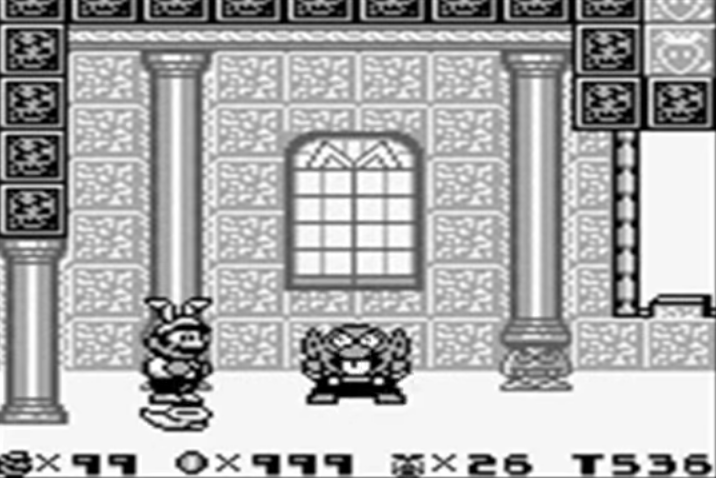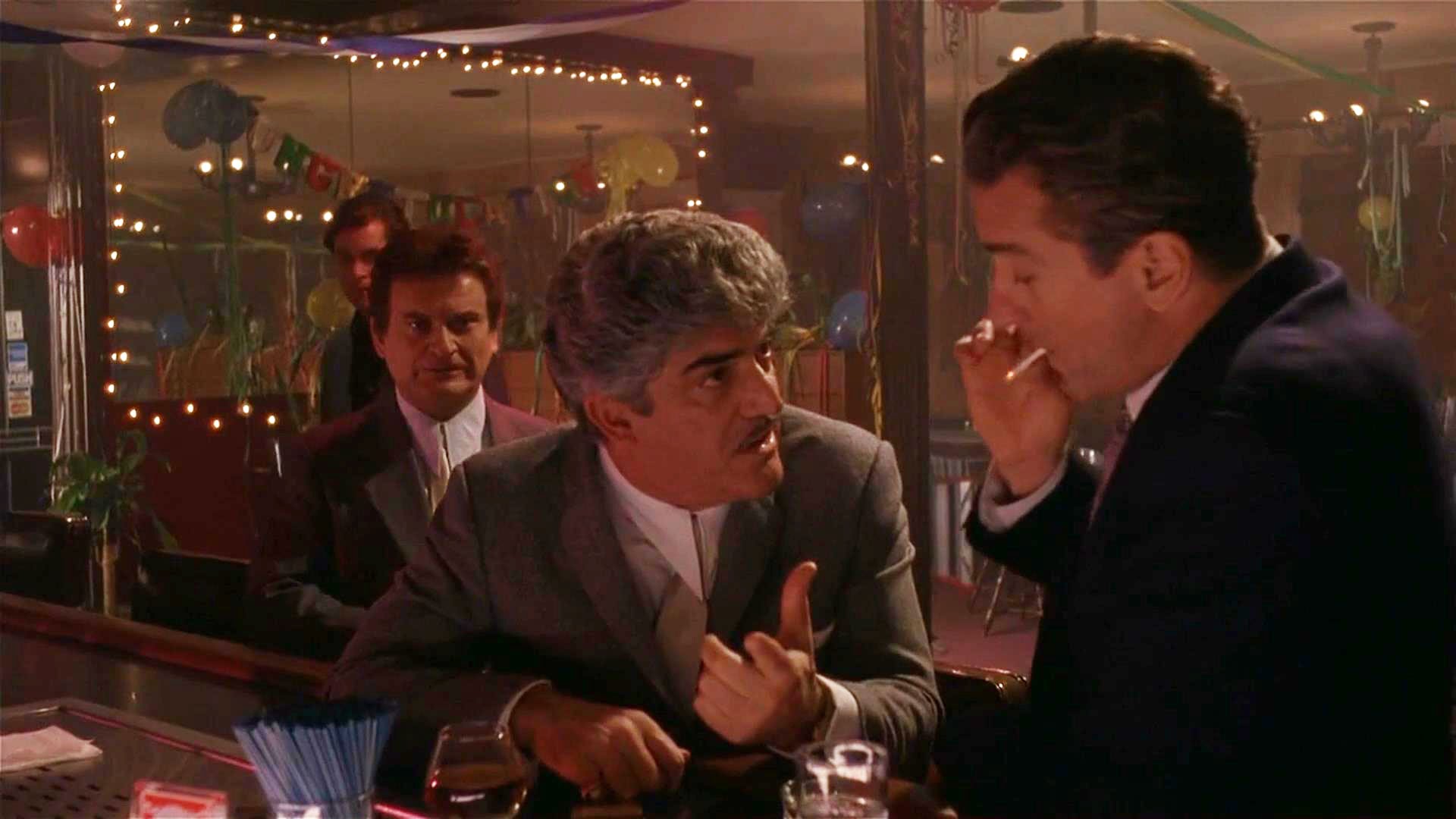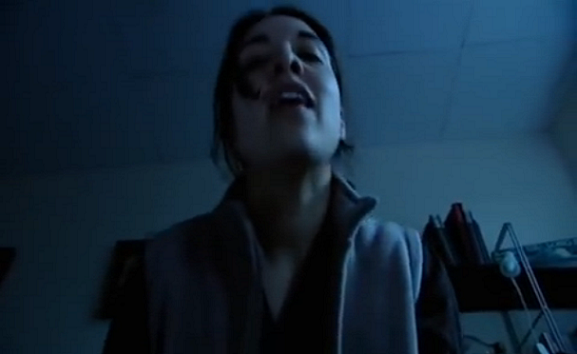
A few years ago I discovered the Shin Megami Tensei series of video games. This was mainly due to the incredible Shin Megami Tensei IV, which I keep meaning to write about in depth here. I’m sure I will, at some point, but before that I’ll just say that it’s great, it’s inexpensive, and you should buy it.
Anyway, since playing that game I’ve been working through the previous titles in the series. There’s a lot more than three that preceded it, thanks to sub-series and side-series and spinoff games, and I’ve recently started working through Digital Devil Saga.
That’s also great and inexpensive and you should buy it, by the way, but that’s not why I’m here.
In fact, the entire, larger series is worth your time, serving as an incredible blend of philosophy, mythology, and characterization, giving you a much deeper and more rewarding psychological experience than most other games — RPGs or otherwise — could possibly deliver.
But that’s not why I’m here either.
Something odd happened when I was playing Digital Devil Saga a few weeks back, and it’s stuck with me ever since. It’s not something odd that happened within the game (though, I assure you, plenty of odd things happen within the game) but rather something odd that happened in my mind.
The game takes place in what’s suggested to be a post-apocalyptic wasteland known as the Junkyard. (I’ll be deliberately simplifying plot details here, so please don’t comment to clarify things; I want to avoid spoilers for folks who haven’t played it.) The Junkyard is in a constant state of war, with residents pledging their allegiance to one endlessly embattled faction or another, and fighting on its behalf.
At the start of the game, however, something happens that starts to tip the balance: a strange presence arrives on the battlefield, and Junkyard residents are suddenly overcome with a very literal bloodthirstiness. The war has changed. Instead of traditional warfare, the combatants have become cannibalistic. Adversaries don’t just fall; they are devoured.
That’s where you come in…fighting and gobbling up enemies to get stronger and stronger until — it’s implied — your faction, The Embryon, can conquer the Junkyard.
As you might imagine, such a world lends itself pretty easily to a dark, dismal, distressing narrative. Digital Devil Saga absolutely provides on that front.
It wouldn’t be accurate to say that as a player you become numb to the violence, as there always seems to be a narrative wrinkle on the horizon to remind you of what you’re doing, and to make you question your role in what’s unfolding. But it does, in a gameplay sense at least, become routine.
You adapt. You understand that this is just the way this world works. You’re going to kill and consume others, because if you don’t do that they will kill and consume you.
There’s plenty even in my broad summary to ponder and question and consider from a philosophical and ethical standpoint…and I’ve indeed been considering a lot of it. But that’s all just background information for my main question.
At one point in the game, you enter the territory of another faction: The Maribel.
When you do, you hear various voices, whispering about your arrival, and what’s in store for you. For instance:
Voice: …At last. Our food is here…
It’s nothing you aren’t prepared for, given the context and the events of the game you’ve played through already. Again, you’re not numb to the horror of people killing and eating others, but you understand it by now. You expect it.
Then they start talking about Argilla, the lone female on your team:
Voice: I’ll devour her breasts…
Voice: Her ass is delicious…
Voice: I’m going to savor her legs.
…and then I was offended.
Not by the game, which had done and continued to do a great job of playing with my emotions and expectations — one of the most rewarding aspects of any Shin Megami Tensei game — but by the characters.
That was my first awareness of incremental outrage. To fight and kill others is one level of wrong; to consume their corpses — as the game makes clear — is another. And now, on top of that, adding the intent to sexually abuse was even worse.
Of course, these statements reflect the literal eating of her corpse, but the sexually charged language is clearly deliberate, and meant to produce in the player a very specific association.
It was bad. It made me feel uncomfortable. It made me realize that the game was marking different degrees of wrongdoing, and making me feel them. It also made me feel pretty glad that I was going to kill these guys.
Which is about when I realized something else: these weren’t guys.
At least, they probably weren’t. The makeup of The Embryon and the other factions led me to overlook the fact that The Maribel was almost entirely female. The makeup of their faction was the inverse of mine.
And once I realized these were women saying those terrible things…it bothered me less.
Why?
It’s still sexual assault. It’s still, unquestionably, wrong. But why did the realization that women were planning these awful things bother me less than the idea that men were planning them?
Either way Argilla, my teammate, would be the target of sexual violence. Why did the fact that women were doing the targeting come as a relative relief?
It’s odd to me that I would feel incremental outrage that way. Isn’t sexual assault revolting, no matter who’s doing it?
Yes. I can answer that easily. But I’m also answering consciously. In the game, the first and only time I was in a situation in which I measured these horrors against each other, I subconsciously saw the female-led assault as less terrible.
I wouldn’t have thought about this at all if not for my own internal fakeout. Had I remembered that The Maribel were almost exclusively female (they have one token male, as The Embryon seems to have one token female), I would have felt disgust at the idea of sexual assault and never reconsidered it. But since I first thought men would be the assailants, and then realized it would be women, I was able to feel two distinct levels of discomfort. Why would that be?
It isn’t just me. We see this in the way the media treats teachers who sleep with students, and, of course, in the way audiences react to those stories. A male teacher sleeping with a female student is guilty of statutory rape and abusing his position of authority. Rightly so, and the reporting reflects that. A female teacher sleeping with a male student is instead subject to comments about her appearance, and, unfortunately, comments about how “lucky” the boy was.
In either case, it’s sexual assault. Yet these cases are not perceived or judged (in a social sense) equally.
And why is that?
Are we conditioned, in some sense, to feel repulsed by male attackers? That is to say, specifically male attackers?
We see it also in the debates about the bathroom laws now. While certain (idiotic) individuals believe that allowing transgendered individuals to use the restroom of their preference will trigger a flood of pedophilic activity to take place against their daughters, they seem blind to the fact these hypothetical pedophiles would already be sharing bathrooms with their sons.
Why the outrage in one direction, and not in another? Why does one possibility seem so heinous, while the other was just quietly permissible? In other words, why was one of these things okay in the sense that we never worried about it before, but this other thing so bad that we need to protest and put a stop to it immediately?
Once something goes “too far” and you feel your moral compass click, doesn’t that imply a line of acceptability? Anything prior to that failed to trigger that same outrage in you. Why?
Are we, as a society, subject to view abuse on a kind of spectrum? With “real” abuse happening in a situation that looks like this, and any abuse that doesn’t feeling less and less like real abuse the further away you get?
I find it interesting, and confusing. Would Argilla have felt relieved to any degree that her rapists would be female? Of course not. Are women who have those intentions less “wrong” than men who have them? Again, of course not.
And yet I had one kind of abuse — male on female — in mind, and felt outrage for it. When I realized it was another kind of abuse — female on female — I felt less.
Why is that? And what does it imply about us as a people?
 Grown Backwards is an incredible album.
Grown Backwards is an incredible album. 


